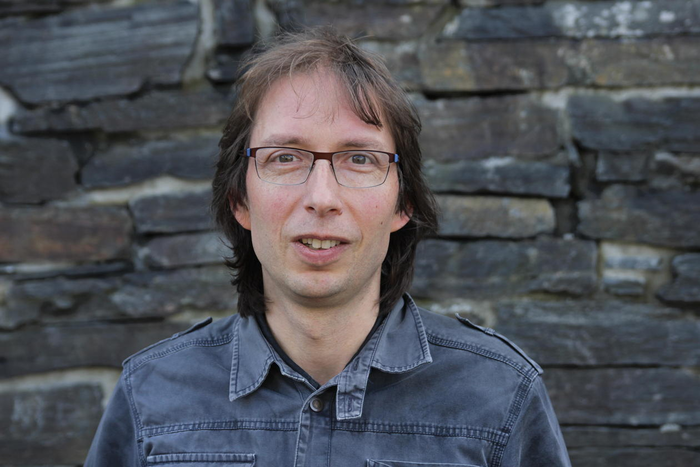«Insect and pollinator decline constitutes a pressing societal challenge that requires attention and action now. What is at stake is nothing less than the world’s ecosystems and food production,” says professor Jeroen van der Sluijs at the Centre for the Study of the Sciences and the Humanities, University of Bergen (UiB).

Credit: Kim E. Andreassen
«Insect and pollinator decline constitutes a pressing societal challenge that requires attention and action now. What is at stake is nothing less than the world’s ecosystems and food production,” says professor Jeroen van der Sluijs at the Centre for the Study of the Sciences and the Humanities, University of Bergen (UiB).
Van der Sluijs points to the database Global Biodiversity Information Facility, which shows that biodiversity among wild bees has decreased with 25 % since 1990. This is a serious threat to many plants, who depend on pollinators to form seeds and reproduce.
“The decline in bees and other pollinators continues with increasing strength, and we are running out of time,” he says.
Van der Sluijs has recently published an editorial and an article about bee decline in the scientific journal Current Opinion in Insect Science.
Safe pesticides not safe after all
Van der Sluijs and other researchers trace the insect decline to the massive use of modern pesticides that has slipped through the cracks in the otherwise rigorous European regulatory system.
According to van der Sluijs, there is a prevailing perception that modern pesticides are much safer than they used to be. However, new studies, including van der Sluijs’ own research, links environmental contamination from so-called neonicotinoids (see fact box) in modern pesticides to a decline in the populations of wild bees and many other insects.
“One main reason why modern pesticides are not yet banned is that researchers have not taken enough responsibility for communicating the crucial expertise needed for governments and other decision-makers to make informed choices,” he says.
Van der Sluijs therefore urges researchers to assume more social responsibility and communicate their knowledge, even if this is not always easy.
“Assuming one’s social responsibility as a scientist is always an uphill struggle. The academic reward system pushes you to prioritize scientific impact over societal impact,” he points out.
Encourages broad coalitions
However, insect researchers alone cannot halt the decline of the bee population, according to van der Sluijs. They also have to engage in transdisciplinary coalitions with other societal actors in order to bring excluded relevant knowledge and early warning signals to the attention of the decision-makers, something history has shown us.
«Independent researchers, beekeepers, conservationists and politicians formed a coalition to put alternative knowledge on the regulatory agenda. This initiative led to a pluralization of knowledge that contributed to remedying the blind spots of regulatory science,” says van der Sluijs.
###
Facts: Neonicotinoids
- Neonicotinoids are active substances used in plant protection products to control harmful insects, which means they are insecticides
- The name literally means “new nicotine-like insecticides”. They are chemically similar to nicotine
- The name neonicotinoids is sometimes shortened to “neonics” or “NNIs”
- Neonics are systemic pesticides. Unlike contact pesticides, which remain on the surface of the treated parts of plants (e.g. leaves), systemic pesticides are taken up by the plant and transported throughout the plant (leaves, flowers, roots and stems, as well as pollen and nectar)
- Neonics affect the central nervous system of insects, leading to eventual paralysis and death
- They are also common in veterinary applications such as tick control and flea collars for pets.
Journal
Current Opinion in Insect Science
DOI
10.1016/j.cois.2021.08.004
Method of Research
Commentary/editorial
Subject of Research
Animals
Article Title
Editorial overview: Halting the pollinator crisis requires entomologists to step up and assume their societal responsibilities
Article Publication Date
4-Aug-2021




